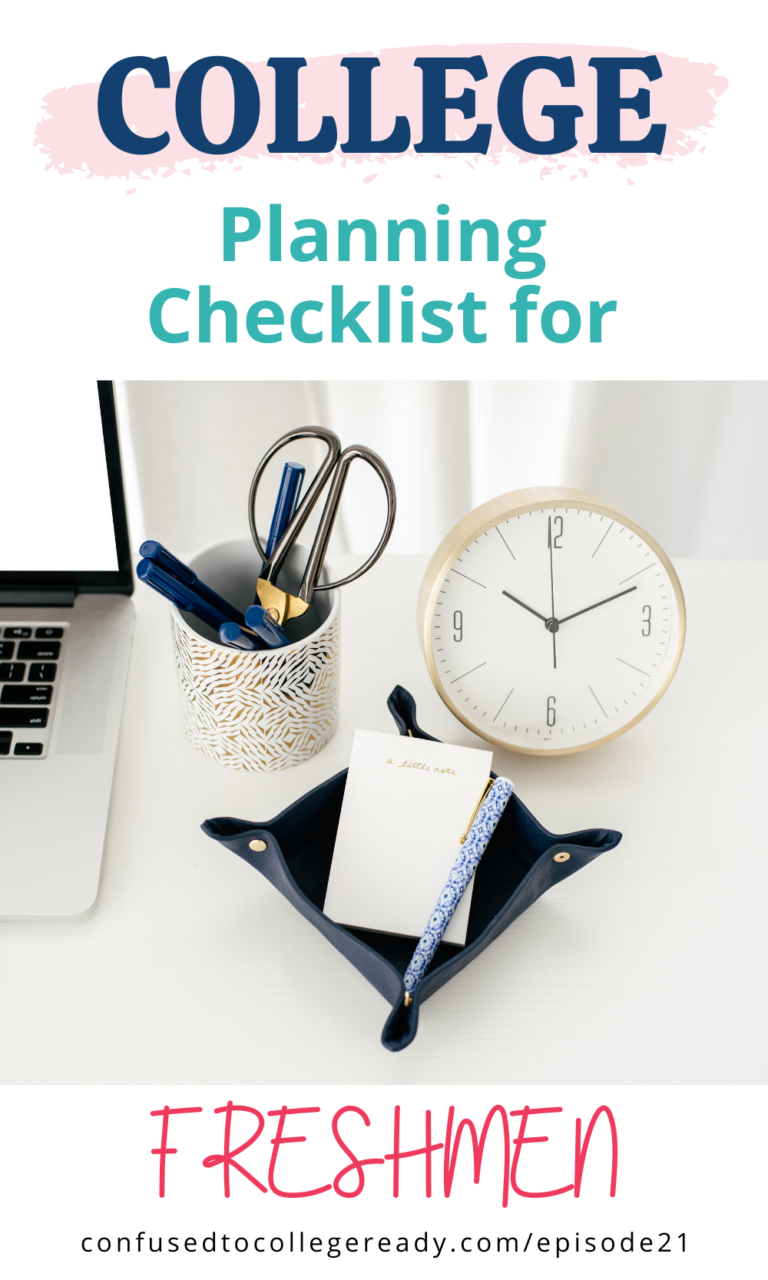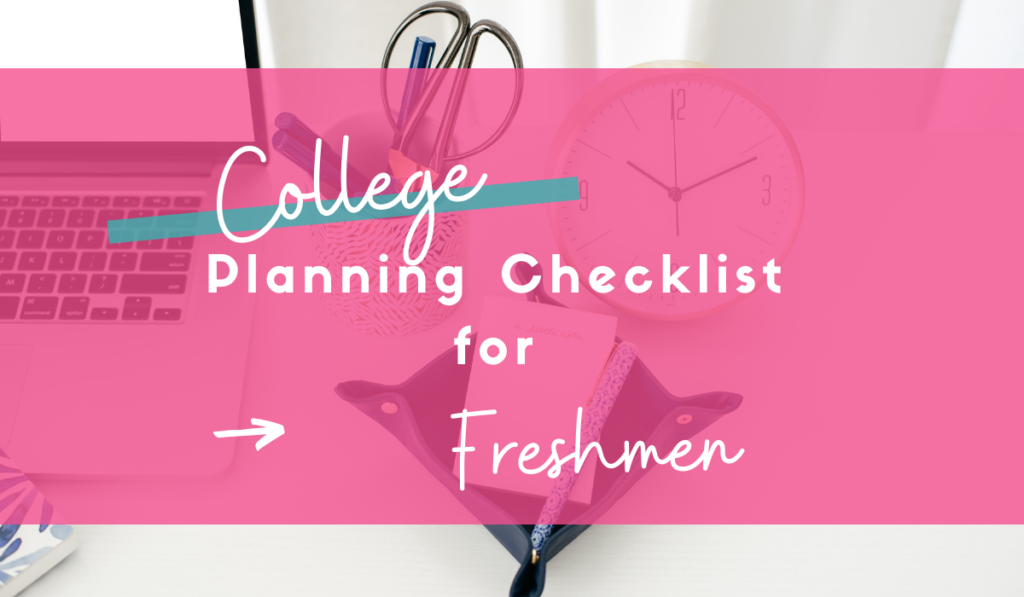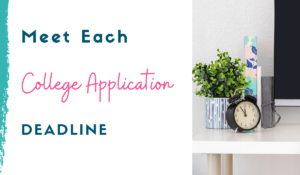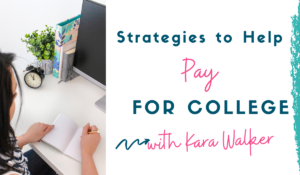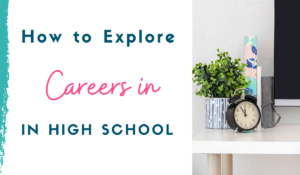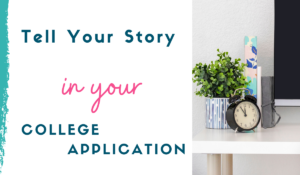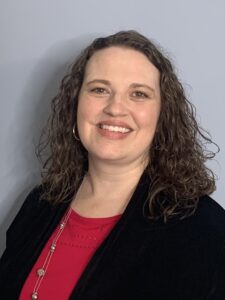0:00:00.2 S1: Your college planning checklist for freshman year is that starting point for what your search is going to look like, this is the time for you and your student to focus on those foundational skills to help you navigate what’s going to be coming over the next four years in high school and to make that process go smoothly, we want our students to enjoy their freshman year, learn what it takes to succeed in their high school classes, become involved in different extra-curricular activities, they’re navigating friendships and how that looks different, and they’re going to start looking at that four-year plan of what they want to focus on in high school, we do know that plan can change, but having that starting point is going to be so important. And to help things go smoothly.
This is also a time where our students are getting to learn about them, to sell, seeing what they do like or what they don’t like, and sometimes that can be almost as important, if not more, than figuring out what they do want, being able to adapt and learning how to change. Today we’re going to talk about the specific steps that our students can take in their freshman year to get started.
0:01:06.9 S1: Hey there, I’m Courtney, and I’m the founder of confused to college ready. With over 15 years experience as a mental health therapist turned school counselor, I am bringing my experience and expertise to help you navigate the college search experience. My goal is to serve students and their families and unlock the secrets to college searching, stay tuned!
0:01:34.1 S1: So thank you again for joining. I’d want to just give you all a quick reminder that we have our new Facebook group open and we would love to have you join us, there’s going to be free training, you can ask questions about your college search and a super positive community with other families that are just like you, you can join the group at facebook.com/groups/confusedtocollegeready, and we hope to see you in there soon.
The other thing that I would love to have you do is leave us a review for our podcast, if this has been helpful for you, if you have had an opportunity to learn and you have gotten something out of it, please share our podcast with friends and family and then also leave us a review, we’ve got over 20 episodes so far, and our plan to continue to grow and would just love to be able to reach other people and make a difference.
Let’s jump right into freshman year, this is that time of growth. And excitement, your students are changing, they’re trying to figure out who they are and who they want to be. And they might not have any idea of what that looks like at the beginning of high school.
0:02:52.7 S1: Or they might know and then end up changing their mind later on, so… Let’s go ahead. This is not going to be a season-by season description, these are going to be kind of a fluid list of topics that students can focus on at any point during that freshman year.
I don’t know about your state, but in my state, in South Carolina, we have annual individual graduation plan meetings, and these are a time when students are able to meet with their counselor individually, 20 to 30 minutes, and they talk about what their plan is going to look like for high school, what is a potential four-year plan, and then where do they want to go and what do they want to do from there? Are they interested in focusing on a certain cluster of electives, a certain major, health science, or business or engineering, or any other area, the arts. So looking at that potential four-year plan, and again, all of this is going to be knowing that things can change, if a student gets into a health science class and they say, Oh my gosh, this is not what I thought, I want nothing to do with this. But they take their ceramics class and they’ve fallen in love with that, knowing that that can change for the upcoming year, just like we talked about in a previous episode, it might not change for the current school year, that might be something where…
0:04:23.6 S1: Just like at my school that your schedule is in place, but it can change for the upcoming year. The other thing that we want to encourage is for students to do the absolute best that they can in all of their classes, not just core courses, there’s electives, they’re going to make a difference. I will never forget, I had a meeting with the family, and the student was taking child development and it wasn’t her favorite, it had been an alternate elective, she wasn’t super excited about it and wasn’t putting her best effort into the class, and we had a meeting with the parent and the student and the teacher and the mom said, but this is only an elective, and we talked about that yet, while it is an elective, this is still something that’s going to count, and what it counts towards is that grade point effort to that GPA. GPA can impact college acceptance, it can impact merit-based scholarships, it can impact class rank, it impacts so many different things where colleges and scholarship committees that different people are looking at what is that GPA? And it’s a whole lot easier if you start out strong to keep the GPA strong, then if your GPA drops and trying to bring it up…
0:05:35.5 S1: I had another young lady that in her junior year, she came to me and said, Okay, I want to attend XYZ College. What do I do? And it ended up that it was a really big struggle. Her freshman and sophomore years had not gone very well, she wasn’t as strong and didn’t work to her potential, and so we had to look at what that path was going to look like for her as she moved into those next steps. So we really want to make sure that you’re focusing on GPA, look into the different merit-based scholarships that are in your state, the next thing is that you want to make sure that you are aware of what the graduation requirements are for your state and in South Carolina where I live, there are graduation requirements, but then many of the four-year colleges have a separate list of entrance requirements, so you might need to have three science classes to graduate, but for a four-year college, they want you to have three lab science courses, and so it depends on what class the student takes, also fine art, you need to make sure that you are aware of how many world language credits you need to take for a particular school.
0:06:51.9 S1: So those things are important, and being able to track and make sure that you’re meeting those requirements is an important thing, you don’t want to get to junior and senior year and go, Oh my gosh, how am I going to fit all of this in? The other thing that we encourage students to do, one is because it is enjoyable and our students have a great time when they get involved, but also being able to show that you have been well-rounded and that you have been involved in a variety of different activities, that speak to your interest and tell that individual story. We want our students to explore different clubs or activities at school or in the community, it doesn’t have to only be something that happens at school, but look into… These are things I’m interested in. Even if it’s something that is just for fun, not necessarily something that speaks to interest for a particular career or college, although that can be a great thing as well, there are often a lot of clubs or activities at school, some people will go volunteer at different community agencies or food banks, different museums, other things that are in your particular community as a freshman, one of the other things that I would recommend is looking into potential career interests, so there are often career interest inventories that students can take in order to see what might be a good fit as of right now, sometimes you take this career interest inventories and go, Oh my goodness, this is not what I want to do at all.
0:08:29.8 S1: This is not going to be a good fit. And that’s okay, that helps you learn just as much about what you don’t want is what you are interested in doing, so taking those career interest inventories… It can change in the future. It might be that you come in and you say, as a freshman, I am interested in becoming a marine biologist. And by the time you graduate, you have completely changed your mind because you found something else that you’re passionate about, when you have time over the summer, think about how you are spending that time, are there things that you can volunteer and be a part of? Camps is working something that you could be involved in, it wouldn’t even necessarily have to be with a company, some people will do pet sitting or house sitting, baby sitting, different things that are mainland, just lots of different opportunities for you in the summer. It doesn’t have to be in a business per se, but having something that you are involved in… That can be incredibly helpful. So looking at summer after freshman year, for our student athletes, you might end up that you were spending a lot of your time playing travel ball, or you are preparing for the upcoming season, if you’re interested in playing any kind of collegiate level sports, you want to make sure that you are familiar with the NCAA and or the NAIA requirements.
0:10:00.2 S1: To make sure that you are meeting those with your courses, to make sure that you know what kind of test scores you need to have, and just making sure that you stay on top of that and that you’re also having a conversation with that high school counselor and your coach to know what those next steps are going to be. I talked about our IDP process that we have here in South Carolina. And you want to make sure that you have a relationship and that develop that relationship with your school counselor, learn from them about where you can focus if you’re feeling stressed, if you are overwhelmed, if you need some help with prioritizing and time management, all of those things are… Components that your school counselor can help with, you also want to talk with them about the rigor of the courses that you’re going to be taking the upcoming school year, so that rigor is the difficulty level, maybe you’re taking college prep honors, there’s AP dual credit. I be… A lot of that is going to depend on what your school specifically has to offer, and knowing what is going to be the right fit for you, you don’t want to end up taking something that’s too rigorous to the point that it’s detrimental to your grades and your mental health, and that’s a conversation that you definitely want to make sure that you’re having with your family, with the school counselor, and being able to make sure that you’re on the right track in preparing to study and learning this next component is something that will help students throughout the rest of…
0:11:35.4 S1: Their high school experience into college, and then even if they’re doing any kind of continuing education, and that’s completing a learning style inventory, so that’s going to help you identify the best way to study for your classes and being able to prepare for tests. Are you an auditory learner? Is it better to be able to hear the textbook being read to you or watching some videos on YouTube. Are you a visual learner? Do you need to be able to read it? Do you need to be able to practice it? Do you need… There are so many different resources that are out there for all of the different types of learners, kinesthetic, or you needed to be able to touch things and manipulate things, so knowing how your student learns best can also be incredibly helpful. And then the last thing that I would suggest as far as freshman year, and again, all of these things, the timing can be very fluid, but the other thing that I would suggest is that students create a personal profile, and that can be in the form of a resume that can be in the form of a spreadsheet. You need to decide what’s going to be the best fit for your individual student, but track volunteer events, track different activities that students have been involved in, whether that be clubs or fine arts, or how they have participated, awards that they have received honors…
0:12:58.1 S1: Any of those components that they can speak to to show what their unique story is later on down the road, the more that you track it now, the easier it’s going to be later on down the road, so I hope that that is something that’s helpful. These little steps freshman year can definitely make sophomore, junior and senior year a little bit more manageable. So thank you again for listening. I hope that this episode was helpful for you, don’t forget about our free Facebook group for some additional training that will be linked in our show notes as well as… As well as leaving us a review of the show has been helpful, we would love if you would do that, and we look forward to talking with you next time. Take care.
0:13:47.5 S1: Thank you so much for listening to our podcast, please subscribe so you don’t miss any future episodes, you can find us on Instagram and Facebook at confused to ready and download our free guide on how to start or expand your college search. at confusedetoready.com/howtostart.
